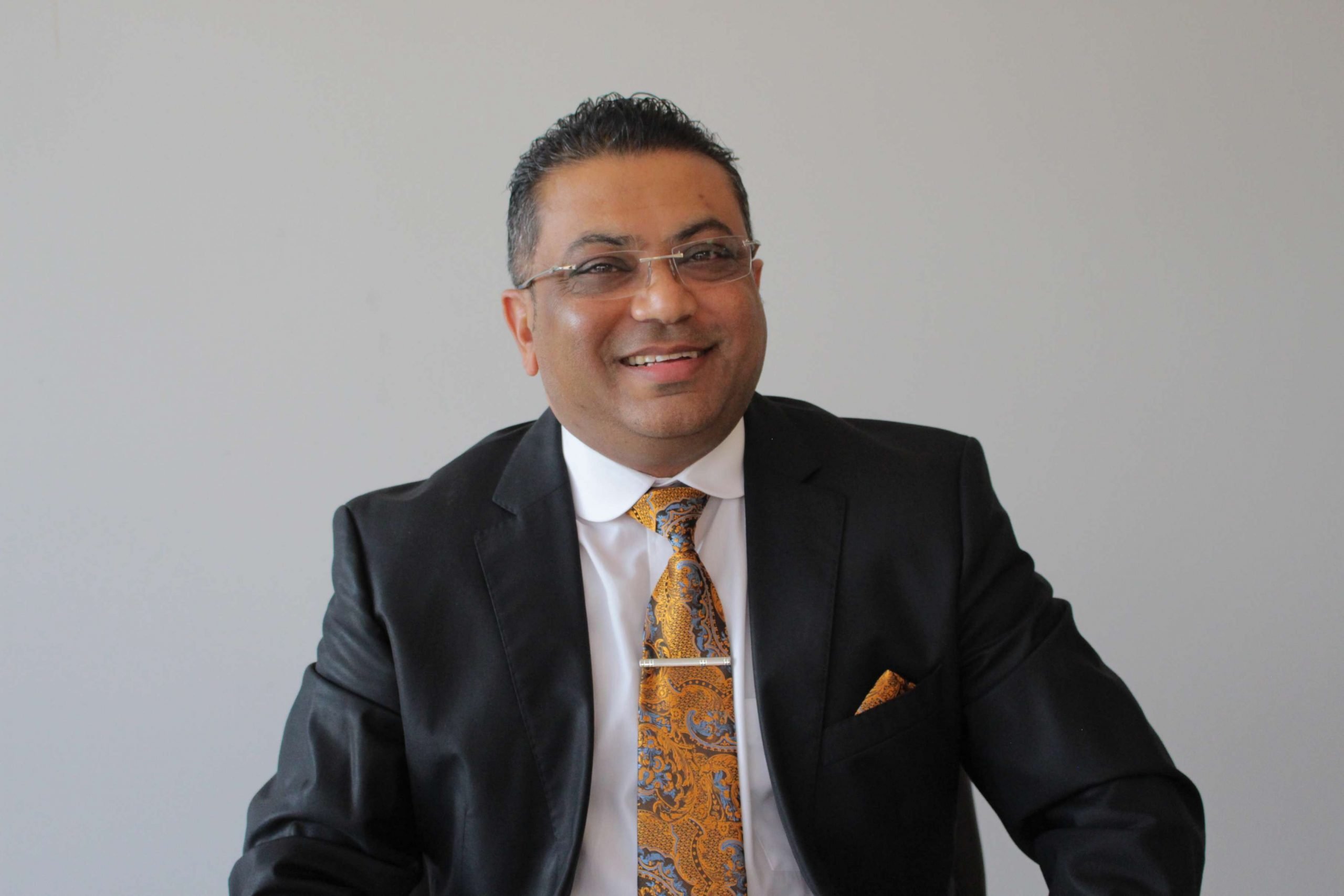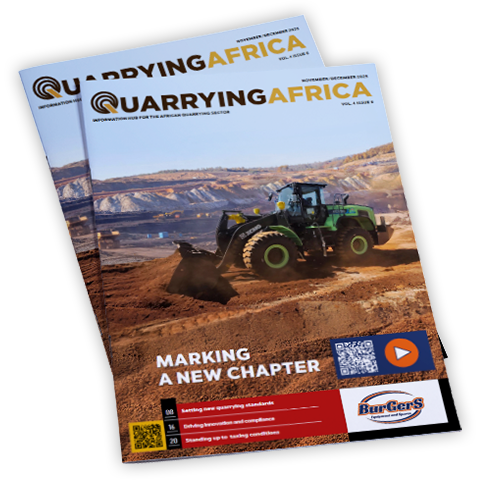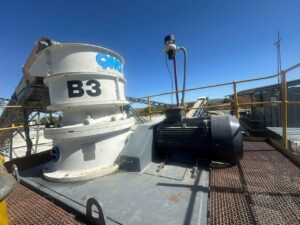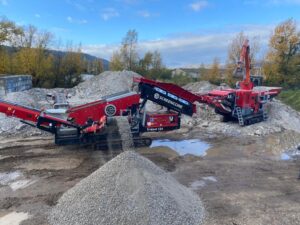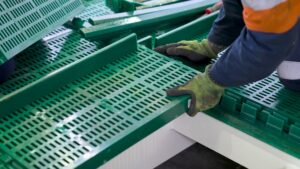“It is hard to consider that in the course of next year, we will be moving into our third year of the pandemic. Looking ahead into what the future might hold for South Africa, we also look back at developments since the first coronavirus case reached our shores.” These are the thoughts of Vishal Krishandutt, 2021 President of the South African Institution of Civil Engineering (SAICE), as he considers the trajectory of the local civil engineering and construction industry.
“When we look back on the economic recovery plans which were announced in 2020, we remember that much of these plans centre on infrastructure development for job creation. However, as 2021 draws to a close, frustrations grow over the slow recovery of South Africa’s civil engineering and construction sector – and the knock-on effects to the wider economy. The sector saw a 20.3% contraction in 2020 and is expected to have grown just 6,2% in real terms this year,” explains Krishandutt.
He adds: “The past year has been a watershed moment for most South Africans, as many found themselves in situation that they never thought they would be in a few years ago. The rate of retrenchments and resignations was significantly higher and many companies either closed their doors or opted for government bailouts in order to survive. The few infrastructure projects that went into construction during this time did not have a significant impact on the sector and the number of tenders advertised by government were very few.”
However, there is reason to be hopeful, says Krishandutt. “Our government unveiled 62 projects at the Sustainable Infrastructure Development Symposium South Africa last year. While the pace of progress has been slow, it is there. Approximately 33% of these projects are in construction and some have already been completed, with another 20% at various stages of preparation and feasibility.”
In further positive news, Q3 of 2021 saw more tenders being advertised. While the net effect of those tenders will only be felt in six to twelve months’ time, firms should start preparing themselves for work and be ready to show that they have adequate skills and prior experience to win contracts.
While South Afica’s skills deficit is a widely reported concern, Krishandutt believes that local talent lies within our shores. “Before looking abroad for technical capacity, I would urge any potential employer, especially government departments, to do their due diligence and ensure that indeed we do not have the requisite skills from our 15 000 SAICE members. Our engineers are world class, and we must ensure that we nurture our talent to keep them within our shores so that they are able to mentor and train our young engineers and maintain a high standard of quality for our future infrastructure build to be sustainable.”
“The past two years have been tough. to say the least. However, I believe we have shown resilience. With a renewed focus on training and investment, 2022 holds potential for improved sector growth,” concludes Krishandutt.
